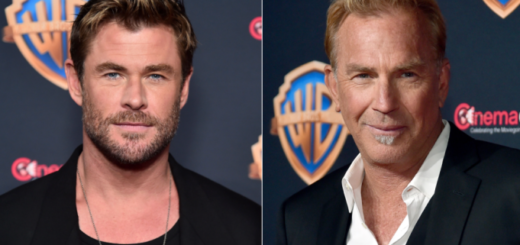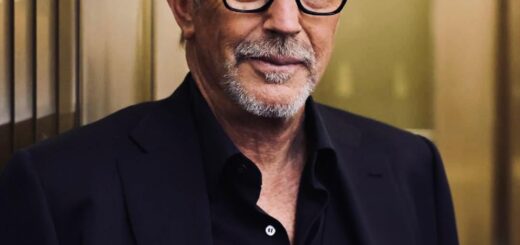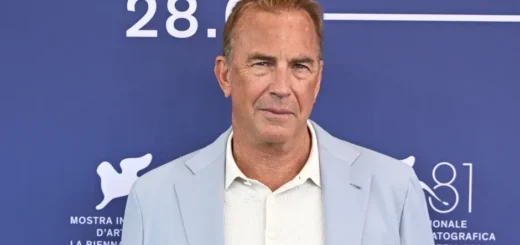“Horizon: An American Saga – Chapter 2: Kevin Costner’s Grand Western Vision Falters Again”
There’s a lot to unpack in Kevin Costner’s beleaguered “Horizon: An American Saga – Chapter 2,” the second installment in his ambitious Western series. Following the tepid reception of “Chapter 1” at Cannes, this chapter, which premiered out of competition on the final day of Venice, continues to grapple with the same structural flaws while attempting to build on the previous film’s intermittent successes. The result is a film that is both packed with incidents and oddly subdued; it features a host of new and returning characters but struggles with compelling characterization. At over three hours, it feels unnecessarily long and ends on a jarring note.
The film picks up directly from where the first chapter left off, which was essentially a teaser for the second part. The opening scenes in Chicago reveal Mr. Pickering, portrayed by Giovanni Ribisi, convincing locals to invest in the land-grab scheme advertised in flyers promoting the idyllic frontier. The narration by Georgie (Aidan McCann), the young son of one of the investors, is marked by a charming Scots-inflected accent and dry wit, but sadly, this narrative voice is short-lived. The story quickly moves west, continuing the best-developed storylines from the first chapter.
The two most engaging arcs remain the wagon-train story and the ongoing saga of Frances (Sienna Miller). Mrs. Proctor (Ella Hunt) endures significant hardship, including sexual exploitation after her husband’s murder, while Frances faces the challenges of widowhood and the expectation of remarrying her deceased husband’s brother. These narratives offer some insightful commentary on the struggles of women in the pioneer West. When these threads converge with Will Patton’s gruff patriarch and his rebellious daughter Diamond (Isabelle Fuhrman), a hint of an overarching plan for the “Horizon” project emerges, though it remains largely unclear.
Costner’s own storyline, involving a conflict between his taciturn gunslinger Hayes Ellison and a group of vengeful brothers, pales in comparison. His love interest, a prostitute played by Abby Lee, is relegated to hiding under the floorboards for most of the film. The representation of Native American characters is also minimal, overshadowed by the introduction of Chinese settlers led by Mr. Hong (Jim Lau), who bring their own subplot involving a sawmill and a teahouse.
The film’s summary may sound coherent, but the on-screen experience is less so. While “Horizon” boasts some striking set pieces, such as a wagon burning and a barn-dance gunfight, and features breathtaking cinematography by J. Michael Muro, it suffers from erratic pacing. Significant emotional shifts occur abruptly, leaving viewers disoriented. The film concludes with a dialogue-free montage teasing the next installment, making it clear that a recap of “Chapter 1” would have been beneficial for continuity.
The frustration with “Horizon: An American Saga – Chapter 2” lies in its uneven execution. Costner’s skill in crafting engaging Western scenes is evident, and the film’s meticulous attention to period detail and production design is commendable. However, the film’s clunky structure undermines its potential. The narrative, which could have been more effectively presented as a series of tightly-knit episodes, instead feels like a collection of disjointed parts, leaving the audience longing for a more cohesive storytelling approach.


